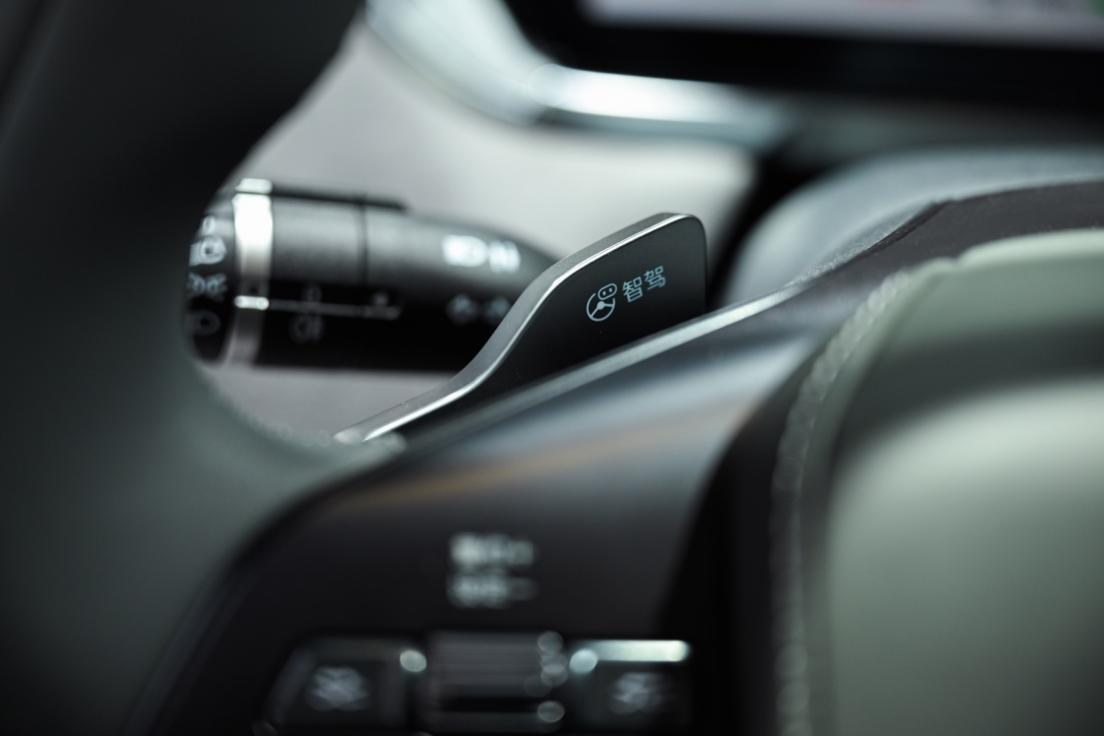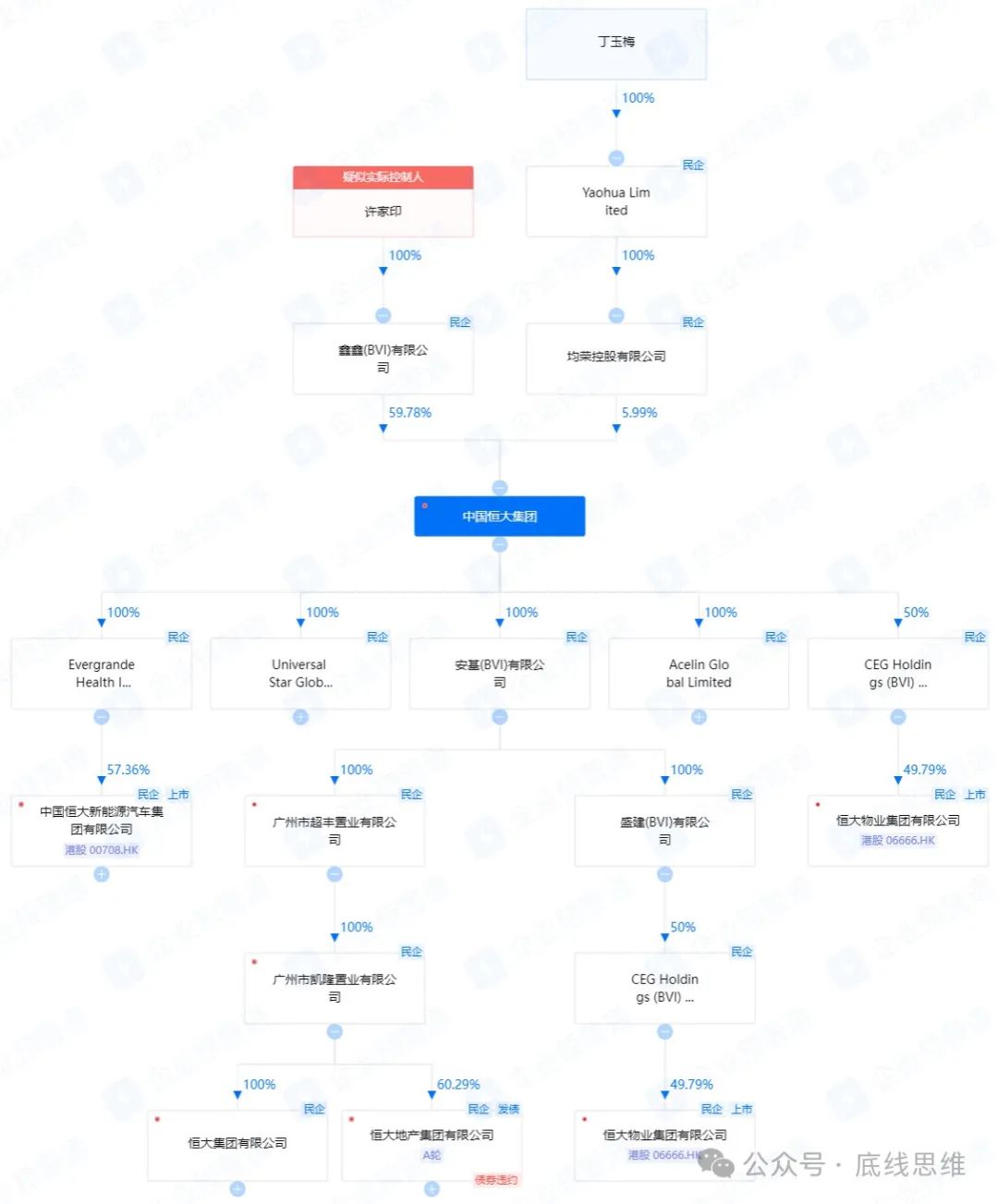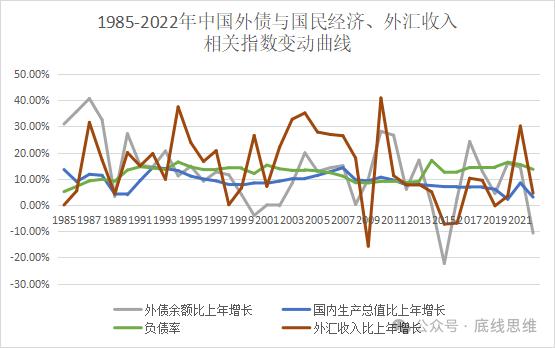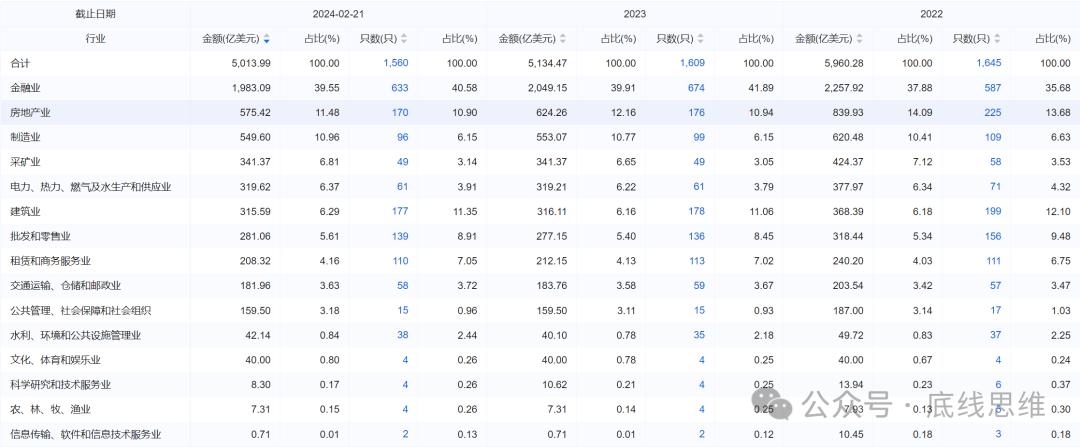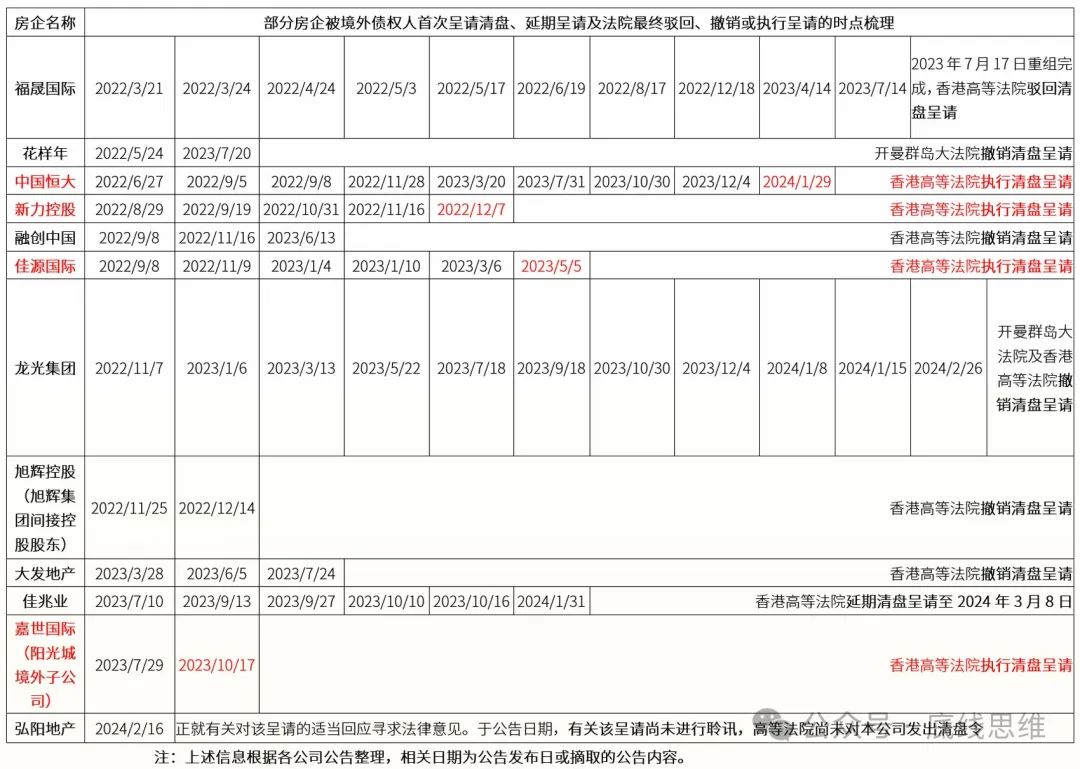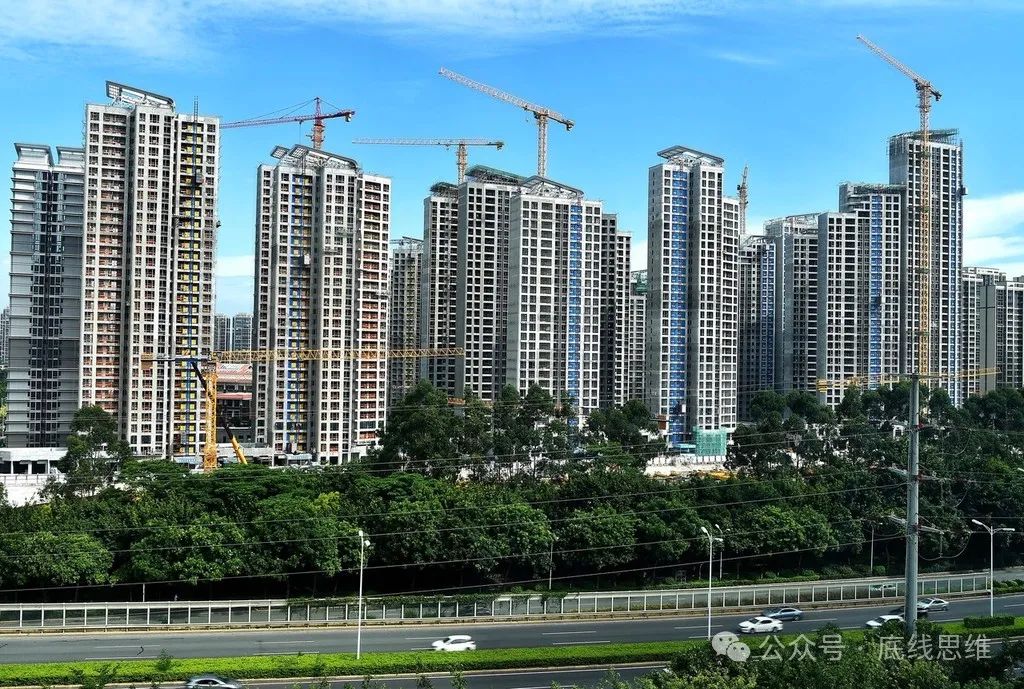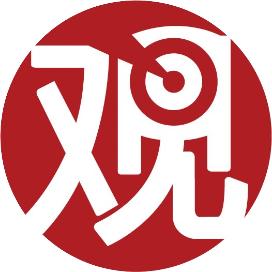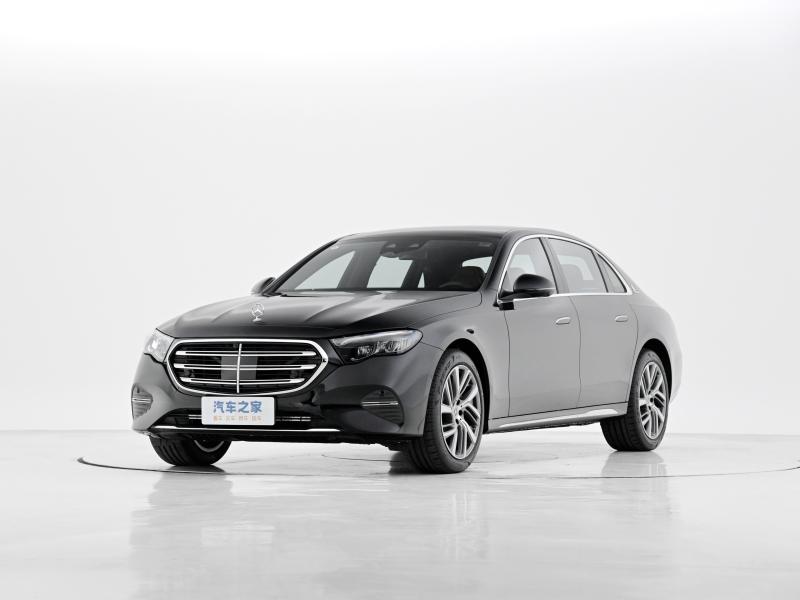

Open the vast book of our country’s aerospace industry, "Dongfanghong No. 1", as the first monument in the history of our country’s aerospace, has been expressed and paid tribute in different forms by countless literati and writers.
Here, we see the group portraits of Chinese astronauts who are self-reliant, understand the firm belief in serving the country through science in difficult times, and thus remember the names of a group of patriotic scientists such as Qian Xuesen, Ren Xinmin, Sun Jiadong, and Qi Fa Qi.
Don’t forget to dig wells. For any cause or any project, the role of the founder, paving stone and lookout is undoubtedly the most important, and it is also easy to be forgotten by future generations. They need to have extraordinary wisdom, firm belief and a strong heart. In the initial stage of the development of our country’s first artificial satellite, there were two people who were close and far away from us. Speaking of near, because the launch of Dongfanghong No. 1 was less than 50 years ago, and we have a lot of information to consult and learn; speaking of far, they have long since left us.
They are all the pioneers and founders of our country’s space technology – Zhao Jiuzhang and Qian Ji.
One day at the end of July, under the recollection of Mr. Hu Qizheng, an 84-year-old member of the overall team of the Dongfanghong-1 satellite, the passionate years that had passed with Zhao Jiuzhang and Qian Ji were once again awakened.
The birthplace of Chinese satellite development –
No.1 West Garden Playground
At the behest of Chairperson Mao, "We also want to develop artificial earth satellites," in 1959, after graduating from the electrical engineering department of Tsinghua University, Hu Qizheng, 24, was assigned to a "mysterious unit" – Group 581, which was responsible for formulating satellite plans and organizing and coordinating satellite and rocket sounding operations. At No. 1 Xiyuan Playground, he met Qian Ji, the head of the office of Group 581, for the first time.
At that time, Qian Ji was actually the person in charge of the overall satellite technology. The first time they met, Qian Ji, who had few words and deep eyes, expressed three meanings to Hu Qizheng: first, welcome, second, pay attention to confidentiality, and third, we are engaged in space exploration, and we will do things in the future. Hu Qizheng was very excited when he heard it, and from then on, he started his aerospace career, and Qian Ji was also regarded by him as the leader of his aerospace career.
No. 1, Xiyuan Playground, a courtyard borrowed by the Chinese Academy of Sciences from Zhongzhi Xiyuan organs around 1954. According to Wu Zhicheng, Secretary of the Party Committee of the Institute of Space Physics of the Chinese Academy of Sciences (then in charge of the management of the 581 scientific research program), it was overgrown with weeds and simple conditions, but it was the birthplace of our country’s space industry: the proposal for the establishment of a national satellite project in our country was drafted here; the idea of our country’s first satellite was brewed and born here; the pre-research of the satellite was launched here; the meteorological rocket detection test was started here…
There is a three-story gray brick building on the north-south side of the hospital, which is used as a research laboratory. Then dozens of bungalows were built one after another, including administrative office rooms, machining workshops, glass workshops, equipment warehouses, garages, etc. Early developers also converted a dry toilet in the northwest corner into an environmental simulation laboratory. To make vacuum instruments, they also built their own earth gas generator, which is used for blowing glass and sealing vacuum tubes.
At that time, following the scientific policy of diligence and frugality, everything was simple. The eight research groups working here were fully engaged in rocket sounding research and satellite pre-research preparations.
At the beginning of the formation of the 581 group, Zhao Jiuzhang, Qian Ji, Yang Jiachi and his party went to the Soviet Union to observe the satellites with great interest, but they only took a look at the appearance of the satellites from a distance, let alone cooperation and technical assistance. Without learning the ability of satellite development, it inspired the fighting spirit of scientists: If you don’t let it learn, we will do it ourselves! It is proud that our country has developed the satellite business completely by self-reliance from scratch.
After investigating the industrial base at home and abroad, combined with the economic conditions and scientific research conditions of our country at that time, scientists in our country suggested that "the current satellite launch is not commensurate with national strength, and the space technology research mission should be adjusted." The 581 group then made adjustments and focused its research on sounding rockets.

In 1960, Chairperson Mao Zedong visited a sounding rocket
From 1959 to 1965, the research entities led by Zhao Jiuzhang, Wei Yiqing, and Qian Ji worked actively, and worked closely with the Shanghai Electromechanical Design Institute led by Yang Nansheng and Wang Xiji. From 1960 to 1965, more than 20 T7 and T7A sounding rockets were launched and tested, and meteorological data below 60 kilometers were obtained. Ionospheric, biological and other projects were tested. These have laid a certain technical foundation for satellite development.
From 1960 to 1962, China’s aerospace industry was a "difficult and progressive three-year period". It was difficult because the people of the whole country were facing the same problem: not having enough to eat. The astronauts were no exception. Qian Ji and Hu Qizheng had to spare two catties of food for their comrades who ate a lot. Zhao Jiuzhang and Qian ****** puffy legs due to malnutrition.
More difficult than not having enough to eat and no clothes to wear is the resistance at work, no clue. I have never done a satellite, and no one has done a satellite. Qian Ji said, don’t be afraid, we will do it ourselves. He led everyone to look up the literature, bit by bit, from scratch.
After studying, they found that compared with the Soviet Union, the literature reference value of the United States is better. But everyone’s English level is very limited, what should I do? So Mr. Qin Xinling and the English-speaking technicians took the initiative to teach you professional English.
When it comes to learning English and reading literature, Qian Ji is a famous English expert. Although he has no overseas study experience, he loves to learn and is eager to read literature. He has a special habit of making his own reading cards while studying. In his lifetime, he made nearly 20,000 reading cards, forming a huge and precious database. In the era without computers, these cards were the greatest intellectual support. Hu Qizheng fondly recalled: "Qian Ji taught us how to read books and how to read literature."

Qian Ji at work
At No. 1 Xiyuan Playground, although the days were hard, everyone was very motivated. Every night, the leaders came to urge the young people to turn off the lights and go back to rest early. Qian Ji always encouraged everyone: There must be a goal in life, otherwise there is no meaning in living. Under the leadership of Zhao Jiuzhang and Qian Ji, everyone basically figured out the composition, function and key technologies of the satellite, and figured out the way of satellite development in our country. "Application as traction" has become the guiding ideology of satellite research and development in our country.
1965 –
Our country restarts satellite development plan
In October 1964, Zhao Jiuzhang and Qian Ji visited Base 20 (now Jiuquan Satellite Launch Center) at the invitation of the National Defense Science and Technology Commission. After this visit, one night in early November 1964, Qian Xuesen came to Zhao Jiuzhang’s office. When Qian Xuesen met, he asked, "What is the impression of going to the base?" Zhao Jiuzhang said, "The harvest is very large, and the missile development progress is so fast, which is really unexpected." Zhao Jiuzhang believes that in another four or five years, the launch vehicle of about 100 kilograms of satellites may be developed, and the satellite development is also certain to be completed. Now the key is that the satellite development must be approved by the state.
Zhao Jiuzhang urgently felt that he should write a report to the central government to express the necessity and possibility of developing satellites. In January 1965, Qian Xuesen wrote to Nie Rongzhen, arguing that the conditions were now in place to consider the satellite issue.
Previously, the developers of No. 1 in Xiyuan Playground have been renamed from Group 581 to the Second Department of Geophysics. They have formed a professional satellite development team, and Qian Ji, deputy director of the Second Department, is the general technical director of the satellite. Satellite development in our country has thus embarked on the road of professional development.
In order to submit the report to the central government as soon as possible, the Academy of Sciences instructed a general team composed of He Zhenghua, Pan Houren, and Hu Qizheng, directly led by Qian Ji, to write the "Ten-year plan for the development of our country’s satellite industry" and the "Proposal for the development of our country’s artificial satellite work". Two reports, the plan was finally submitted to the central government by the Chinese Academy of Sciences. In August 1965, Zhang Jinfu, then the secretary of the Chinese Academy of Sciences Party Group, reported at the 13th meeting of the Central Special Committee and received a reply: Pass, execute! Since then, the satellite development project has been officially established, and the Chinese Academy of Sciences has listed this as the No. 1 task in 1965, code-named "651".

Musical installation of "The East is Red" with Chairperson Mao’s badge
From October 20 to November 30, 1965, the Science Hall of Beijing Friendship Hotel held our country’s first satellite demonstration. The meeting was chaired by Pei Lisheng, vice president of the Academy of Sciences, and there were more than 120 representatives. The experts fully discussed and reached consensus on many issues. The meeting lasted for 42 days.
The conference produced four documents on the overall plan, the main body plan, the vehicle plan, and the ground system plan for our country’s first satellite, and also prepared 27 special materials with a total of about 150,000 words. During the conference, Premier Zhou invited the delegates to the small auditorium of the Great Hall of the People to watch the performance of the party. This conference is very important in the history of aerospace in our country, and it clarified the idea of "a game of chess across the country" to build satellites.
During the meeting, Premier Zhou took the initiative to ask Qian Ji’s name when listening to the report, and said with a smile: "Your surname is Qian too! It seems that satellites are not short of money."
The Prime Minister’s words were a pun. There was Qian Xuesen in missiles, Qian Xuesen in atomic bombs, and Qian Ji in satellites now, so there was really no shortage of money. Another layer of meaning was that satellites cost a lot of money, just like atomic bombs and missiles. The Prime Minister asked Qian Ji how much it would cost, but Qian Ji did not answer, because there was no calculation in the preparation of satellite plans and demonstrations. The state wants to approve the satellite project, I don’t know how much it will cost, how to make a budget, and what to do with the approval procedures? This made the scientist surnamed Qian start to worry about money.
Hu Qizheng is still deeply impressed by this experience. Because of the work relationship, he and his colleagues have been fortunate to work with great scientists such as Zhao Jiuzhang, Yang Jiachi, Chen Fangyun, and Qian Ji. The academic aura and peace in life of great scientists, the indifference to fame and fortune, and the democratic and practical work style of great scientists have allowed the young Hu Qizheng to witness the "master style". He confessed that he was fortunate to benefit for a lifetime.
"Cultural Revolution" –
Satellite development is moving forward amidst difficulties
Scientists really wanted to put the first man-made satellite in the sky before the National Day in 1969. It was a great honor to release the first satellite 20 years after the founding of New China. According to everyone’s preparations at that time, there was no problem at all, but it was not realized.
Because the "Cultural Revolution" is here.
During the day and night, the barbaric and frenzied criticism and struggle ravaged the scientific researchers physically and mentally. Zhang Jinfu was seized from power, the party group of the Chinese Academy of Sciences collapsed, the grass-roots party organizations were paralyzed, and No. 1 Xiyuan Playground became the hardest hit area. Some were injured, some were killed in combat. Zhao Jiuzhang was persecuted to death in October 1968. In such a chaotic situation, comrades who can work are still working.
After Zhao Jiuzhang passed away, Qian Ji was also affected. After "stepping aside", he worked like an ordinary technician, but remained silent as always. Seeing the persecution of scientists who were once respected by people, everyone felt deeply helpless. The development of satellites is advancing slowly in difficult situations.

The staff is conducting Dongfanghong-1 satellite docking

Dongfanghong No.1 engine hoisting test
At the end of 1967, the country began to plan the establishment of a space technology research institute, and the office location was also moved from Xiyuan Playground No. 1 and Zhongguancun to Baishiqiao. Sun Jiadong was appointed as the general manager of Dongfanghong No. 1 when he was in danger. He brought more than 10 business backbones to integrate the engineering experience of missile development into satellite engineering. In that stormy era, everyone defied all difficulties and pushed the development of Dongfanghong No. 1 satellite forward steadily.
On April 24, 1970, the Dongfanghong-1 satellite spewed out, and the world was excited. The two founders who actively promoted the development of the satellite: Zhao Jiuzhang and Qian Ji, one was already wronged and could not witness this moment with his own eyes; the other could only look up silently from the open space of Baishi Bridge in Beijing. In the face of cheers and applause, without them, in that era, they would have been low to the dust.

People who like to watch the Dongfanghong-1 satellite fly overhead
Fast forward to 1999. On September 18 of this year, on the occasion of celebrating the 50th anniversary of the founding of the People’s Republic of China, the Party Central Committee, the State Council, and the Central Military Commission decided to commend 23 scientific and technological experts who had made outstanding contributions to the development of "two bombs and one star" that year, and awarded Yu Min, Wang Daheng, Wang Xiji, Zhu Guangya, Sun Jiadong, Ren Xinmin, Wu Ziliang, Chen Fangyun, Chen Nengkuan, Yang Jiachi, Zhou Guangzhao, Qian Xuesen, Tu Shoue, Huang Weilu, Cheng Kaijia, and Peng Huanwu the "Two Bombs and One Star Merit Medal", and posthumously awarded Wang Fanchang, Deng Jiaxian, Zhao Jiuzhang, Yao Tongbin, Qian Ji, Qian Sanqiang, and Guo Yonghuai the "Two Bombs and One Star Merit Medal" (the above rankings are based on surname strokes Order).
More than 60 years have passed, and few people walking in Xiyuan Playground A-1 now know that so many big scientists have come out from here to brew our country’s satellite research and development business. That period of time has become history. But our country’s satellite business has developed from "Dongfanghong No. 1" to bright stars, adding more light to the rising China.

September 4, 2019 "China Aerospace News" third edition
The pictures in this version are the information pictures of this newspaper.
Text/China Aerospace News reporter, Huang Xi
Editors/He Ximei, Zhang Xiaofan, Hao Chenxi (Interns)
Producer/Xu Bin


